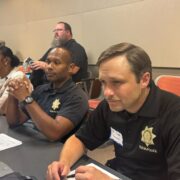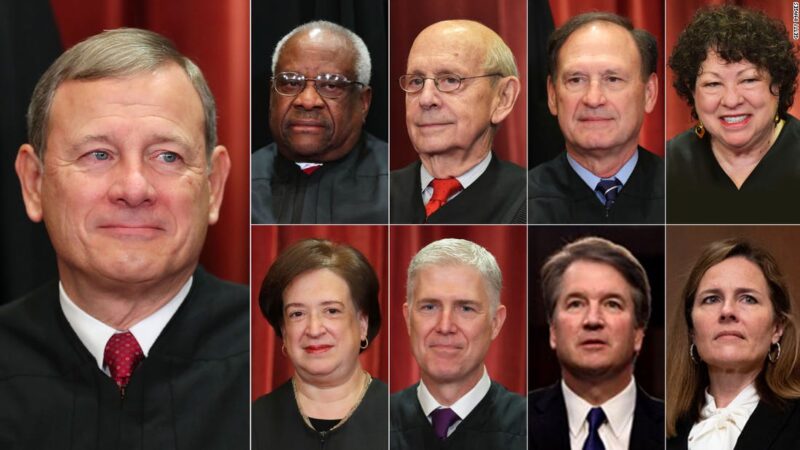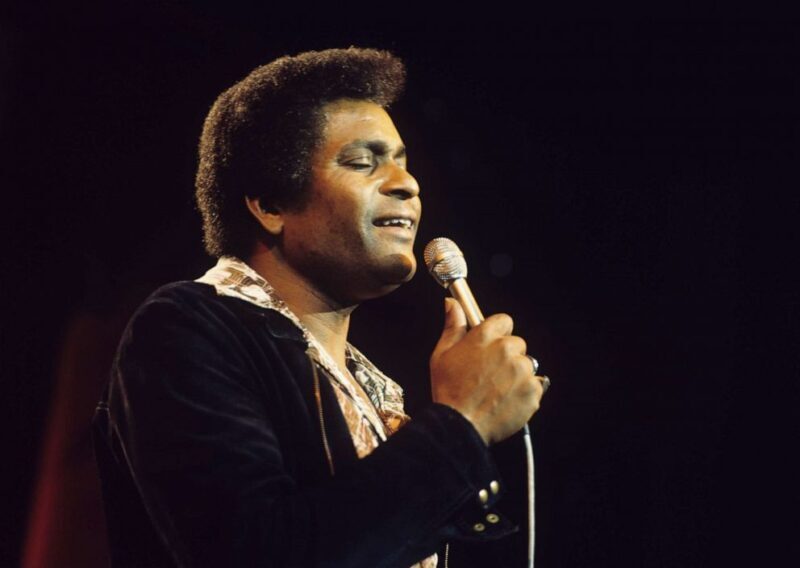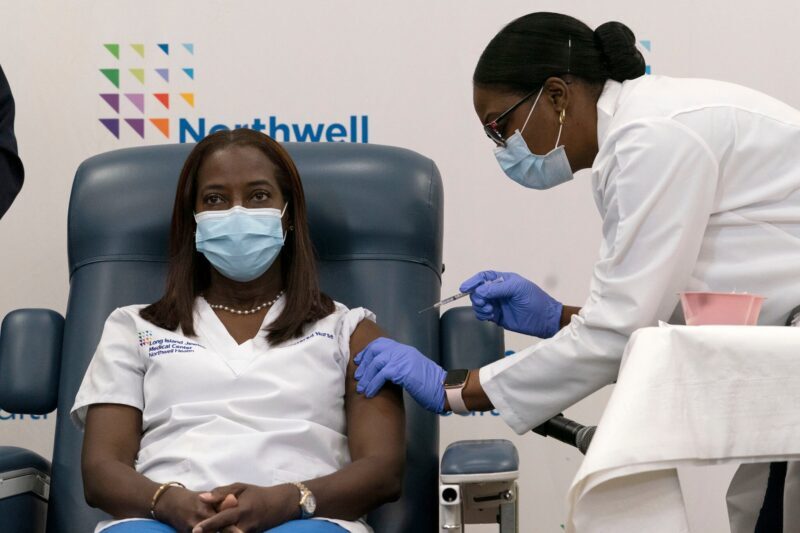
High-risk health care workers are expected to be given priority, and hospitals in all 50 states are scrambling to prepare. Australia and New Zealand intend to establish a travel bubble.
Here’s what you need to know:
America begins its most ambitious vaccination campaign.
Trump delays a plan to fast-track vaccines for White House staff members.
Australia and New Zealand plan to ease travel restrictions, and other news from around the world.
America begins its most ambitious vaccination campaign.
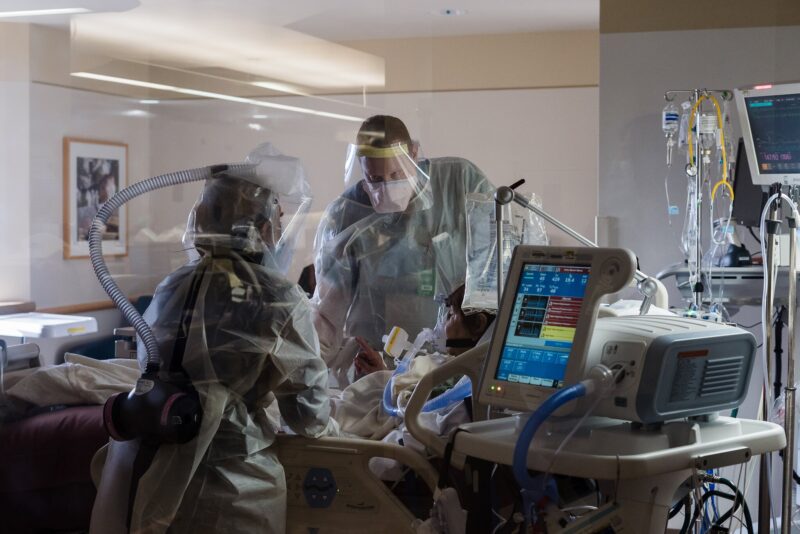
The first shots were given in the American mass vaccination campaign on Monday morning, opening a new chapter in the battle against the coronavirus pandemic, which has killed more people in the United States than in any other country.
Shortly after 9 a.m. on Monday, the first known clinically authorized vaccination took place in Long Island Jewish Medical Center in Queens. The pandemic has scarred New York State profoundly, leaving more than 35,000 people dead and severely weakening the economy.
“I believe this is the weapon that will end the war,” Gov. Andrew M. Cuomo said at the event on Monday morning, shortly before the shot was given to Sandra Lindsay, a critical care nurse at the center. State officials said the shot was the first to be given outside of a vaccine trial in the United States.
Ms. Lindsay, who has treated patients throughout the pandemic, said that she hoped her public vaccination would instill confidence that the shots were safe.
”I have seen the alternative, and do not want it for you,” she said. “I feel like healing is coming. I hope this marks the beginning of the end of a very painful time in our history.”
President Trump posted on Twitter: “First Vaccine Administered. Congratulations USA! Congratulations WORLD!”
Shortly afterward, Mayor Bill de Blasio of New York City said at a news conference: “To me, we were watching an incredibly historic moment, and the beginning of something much better for this city and this country.”
The vaccinations started after the Food and Drug Administration’s emergency authorization of the Pfizer-BioNTech vaccine on Friday night, and as the U.S. coronavirus death toll approaches 300,000, with a steady surge in new cases daily.
On Sunday, trucks and cargo planes packed with the first of nearly three million doses of coronavirus vaccine had fanned out across the country, as hospitals in all 50 states rushed to set up injection sites and their anxious workers tracked each shipment hour by hour. But the rollout is less centralized in the United States than in other countries that are racing to distribute it.
Across the country, according to Gen. Gustave F. Perna, the chief operating officer of the federal effort to develop a vaccine, 145 sites are set to receive the vaccine on Monday, 425 on Tuesday and 66 on Wednesday.
A majority of the first injections given on Monday are expected to go to high-risk health care workers. In many cases, this first, limited delivery would not supply nearly enough doses to inoculate all of the doctors, nurses, security guards, receptionists and other workers who risk being exposed to the virus every day. Because the vaccines can cause side effects including fevers and aches, hospitals say they will stagger vaccination schedules among workers.
Residents of nursing homes, who have suffered a disproportionate share of Covid-19 deaths, are also being prioritized and are expected to begin receiving vaccinations next week. But the vast majority of Americans will not be eligible for the vaccine until the spring or later.
On Monday afternoon at George Washington University Hospital, five of the first vaccinations are scheduled to take place at what the Department of Health and Human Services is calling a national ceremonial “kickoff event.”
The five people were selected by an algorithm the hospital is using to assign the first doses, the result of a survey hospital employees filled out that asked about age, underlying medical conditions and the risk they carry in their jobs, according to a federal health official familiar with the planning who was not authorized to speak publicly. The event is intended to demonstrate the way many health workers will be vaccinated this week, the official said.
The kickoff is part of what the official said will be a series of vaccination events featuring top health officials.
The moves come just six days after Britain became the first nation in the world to begin rolling out a fully tested vaccine. Since then, a handful of other nations have approved the same vaccine. In Canada, the first shipments of the Pfizer-BioNTech vaccine arrived on Sunday, Prime Minister Justin Trudeau announced on Twitter, and the first shots could be given as early as Monday. Among the first to receive the vaccine will be residents of nursing homes in Quebec and frontline health workers in Toronto.
Hours before the injections began in the United States, there had been uncertainty and expectation. On the snowy plains of Fargo, N.D., Jesse Breidenbach, the senior executive director of pharmacy for Sanford Health, which operates hospitals and clinics across the Upper Midwest, refreshed his email again and again on Sunday, waiting to receive a FedEx tracking number that would confirm that some 3,400 doses were en route.
The Sanford hospital in Fargo was converting its Veterans Club into a vaccination site, and officials said they would start inoculating a first group of emergency and critical-care doctors and nurses within hours after the vaccine arrived. But when would that be?
The answer came on Sunday afternoon: Expected vaccine delivery, 10:30 a.m. Monday, with vaccinations starting early in the afternoon.
VACCINATION CAMPAIGN
Read more about the start of the most ambitious vaccination campaign in the nation’s history.
How the Vaccine Will Get From the Lab to You
— Jack Healy, Amy Harmon, Simon Romero, Noah Weiland, Michael Gold and Roni Caryn Rabin
Trump delays a plan to fast-track vaccines for White House staff members.
The White House chief of staff, Mark Meadows, right, in October. Mr. Meadows tested positive for the coronavirus in early November.Credit…Oliver Contreras for The New York Times
President Trump said on Sunday night that he would delay a plan for senior White House staff members to receive the coronavirus vaccine in the coming days.
The shift came just hours after The New York Times reported that the administration was rapidly planning to distribute the vaccine to its staff at a time when the first doses are generally being reserved for high-risk health care workers.
Mr. Trump, who tested positive for the coronavirus in October and recovered after being hospitalized, also implied that he would get the vaccine himself at some point in the future, but said he had no immediate plans to do so.
“People working in the White House should receive the vaccine somewhat later in the program, unless specifically necessary,” Mr. Trump tweeted, hours after a National Security Council spokesman had defended the plan. “I have asked that this adjustment be made. I am not scheduled to take the vaccine, but look forward to doing so at the appropriate time. Thank you!”
It was not immediately clear why Mr. Trump decided to change the policy, or whether he had even been aware of it ahead of time. But White House staff members who work in close quarters with him had been told that they were scheduled to receive injections of the coronavirus vaccine soon, two sources familiar with the distribution plans said.
The goal of distributing the vaccine in the West Wing was to prevent additional government officials from falling ill in the final weeks of the Trump administration. The hope was to eventually distribute the vaccine to everyone who works in the White House, one of the people said.
It was not clear how many doses were being allocated to the White House or how many were needed, since many staff members had already tested positive for the virus and recovered. While many Trump officials said they were eager to receive the vaccine and would take it if it were offered, others said they were concerned it would send the wrong message by making it appear as if Trump staff members were hopping the line to protect a president who has already recovered from the virus and bragged that he is now “immune.”
— Annie Karni and Maggie Haberman
WHITE HOUSE VACCINES
Read more about the shifting plans to make White House staff among the first Americans to be inoculated







